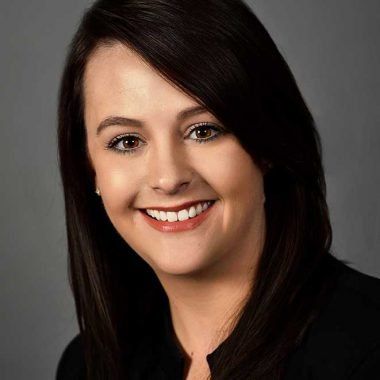Socially Responsible Investing Is Here to Stay. This is What You Need to Know
December 15, 2019
In our increasingly complex world, some investors are taking a stance about where they choose to invest their money. They want to be assured the companies they invest in are going to leave the world a better place.
While this might feel like a necessity born out of modern society, socially responsible investing has actually been around since the 1700s. The Religious Society of Friends, also known as the Quakers, refused to participate in the slave trade or invest in weapons for war. It’s also been prevalent throughout history for investors to avoid “sin industries” such as alcohol, tobacco and gambling. The movement took strides in the 1980s when investors began pulling out of South African industries due to apartheid.
Many people don’t realize there is a plethora of ways to be a socially responsible investor. I don’t just mean the investment vehicle either, like a mutual fund versus an exchange traded fund. Let’s explore some of the different definitions.
ESG
Environmental, social and governance (ESG) investing is a practice that investors use to screen and analyze investments. The environmental component takes into consideration a variety of factors on how a company is impacting the earth. Some of these factors are the size of the company’s carbon footprint, recycling practices, green technologies and products utilized. The social component focuses on the issues that impact its culture and society. How does the company treat their employees, customers and suppliers? Finally, governance focuses on how a company is run, from the board of directors, to executive compensation, to its relationship with the SEC.
SRI
Socially Responsible Investing (SRI) is an investment that is considered socially responsible due to the nature of the business the company conducts. Essentially, SRI takes ESG a step further to screen for specific guidelines. These screens are used to eliminate “sin stocks,” like weapons, tobacco, alcohol and adult entertainment companies. One company that’s a top SRI pick is Microsoft, which has taken steps to become carbon neutral.
Impact Investing
Impact investing differs slightly from SRI in that these investments are intended to have a positive impact and a financial return. Instead of using negative screens, this investment strategy seeks to help make a difference in sectors from sustainable agriculture to microfinance.
Not just a trend
Though SRI and its subsets have long been a trend, I think it’s one that’s changing the nature of investing. As of 2018, the U.S. Forum for Sustainable and Responsible Investment revealed more than $12 trillion in assets are being managed with SRI principles.
If you are interested in investing socially, I challenge you to identify values to screen for and causes to support. Having this in mind will narrow the scope of what you can invest in and ultimately give you the knowledge that your money is working for you while making the world a better place.
Jennifer Pagliara, CFP, is an executive vice president and financial adviser at CapWealth and a proud member of the Millennial Generation. Her column speaks to her peers and anyone else that wants to get ahead financially. This article was originally published in The Tennessean on Dec. 15, 2019.
















